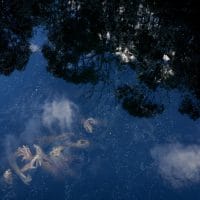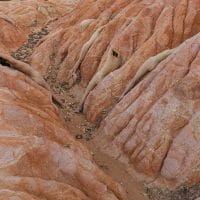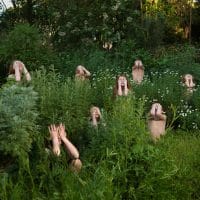Gallery Room
Informality is delighted to share its latest artist spotlight focusing on Australian photo-media artist, Tamara Dean. For over a decade Tamara Dean's practice has explored our relationship as humans with our environment.
Informality has curated a selection of recent work as an antidote to our current international crises by re-framing the experience of isolation through Tamara's universe.
Through Tamara's use of the figure in a landscape, we can review the current confines of social distancing with Tamara's work offering a new perspective, urging consideration of the solace that can be found in solitude. Drawing inspiration from artists John William Waterhouse and fellow pre-raphaelites, Tamara's use of pale, illuminating figures within natural environments symbolise beauty. Her work invites us to consider this challenging time of isolation and whether the subsequent reflection can give birth to wisdom.
But more so, what is it for Tamara Dean? The need for the artist to respond to our natural environment, and, what do we learn when we are re-invigorated with our nomadic position? An acknowledgement and understanding that we are here to coexist with nature. Has COVID-19 encouraged us to reconnect with our roots as a species?
Messmate Stringybark (Eucalyptus Obliqua) Summer, 2018, Archival pigment print on cotton rag,
Image: Copyright of the artist Courtesy Informality
"Once I enter the forest, I shift into another place inside myself. The smell of the Earth and leaves, the sounds, the textures, and the play of light through the foliage, all come together to create an elevated sense of reality for me. It makes me feel more active and more capable of being in the moment. I drift into what I could only describe as something akin to a daydream. I am mesmerised by the micro and the macro. My senses are heightened. For me, this is the closest to what I would consider a spiritual experience".
Throughout Tamara's work, we witness an absence of clothing in a natural setting. Tamara's intention has us consider ourselves as a primal species removed from any contemporary and western status, reminding us that we are not superior to nature but as part of it. Before cities and the demands of society, we walked to commute between villages and camps, we farmed independently, hunted and thrived socially within our communities.
"Tamara's work creates beautiful ways of saying painful things".
In Tamara's work, the figure is free to react and respond to the natural environment. Now having been isolated herself, Tamara Dean makes a practice of heading out onto her property in Australia, where each afternoon she photographs her own body in the landscape. Tamara becomes the illuminated figure in the landscape, immersing herself in crevices, enclosing her body in blossoming flowers and harnessing the movement of the wind. At the end of the day, bruised, scratched and bitten, Dean reflects on isolation and is re-energised by the intimate sensation of being alive.
For more info: https://www.informality.co/



